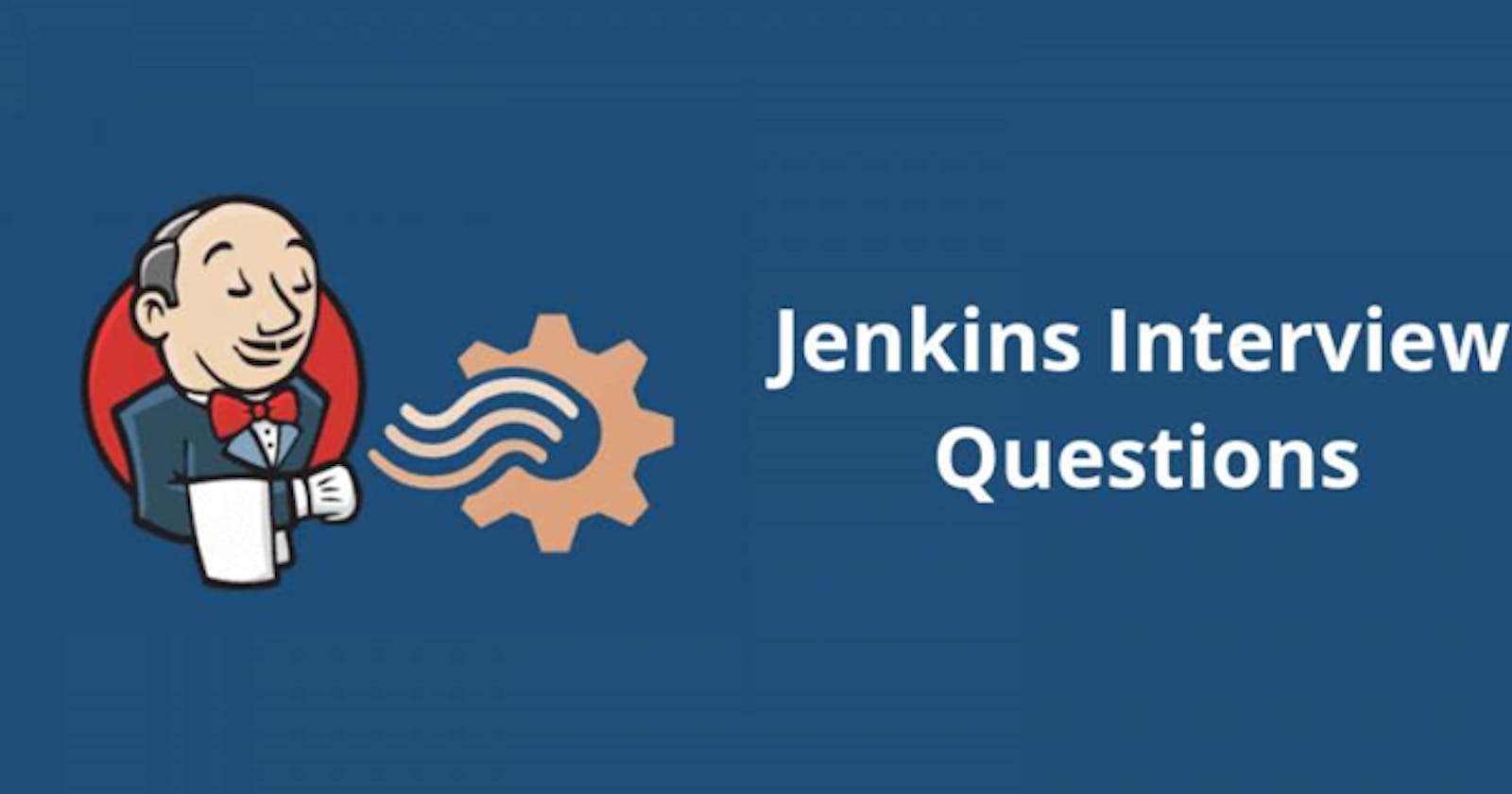Hey DevOps enthusiasts! 🚀 Are you gearing up for a Jenkins interview and feeling a tad nervous about what questions might come your way? Fear not! I'
What’s the difference between continuous integration, continuous delivery, and continuous deployment?
Continuous Integration (CI), Continuous Delivery (CD), and Continuous Deployment (CD) are pillars of modern software development.
CI: Integration of code changes into a shared repository frequently.
CD: Automates the delivery process from code integration to deployment.
Benefits: Speedy delivery, reduced risks, and enhanced collaboration.
Benefits of CI/CD
CI/CD pipelines streamline development, testing, and deployment, resulting in faster time-to-market and improved software quality.
What is meant by CI-CD?
CI/CD refers to the automation of integrating code changes (CI) and delivering them to production (CD), ensuring a smooth and efficient development lifecycle.
What is Jenkins Pipeline?
Jenkins Pipeline is a suite of plugins that allows you to define entire deployment pipelines as code, enabling the management and execution of complex workflows.
How do you configure the job in Jenkins?
Configure Jenkins jobs by defining build steps, triggers, and post-build actions through the Jenkins web interface or by writing Jenkinsfiles.
Where do you find errors in Jenkins?
Errors in Jenkins can be found in the Console Output of the job, providing insights into build failures and issues.
In Jenkins how can you find log files?
In Jenkins, log files can be accessed directly from the Jenkins dashboard or through the file system where Jenkins is installed.
Jenkins workflow and write a script for this workflow?
Jenkins Workflow enables the definition and automation of pipelines using a Groovy-based scripting language, facilitating complex workflow management.
How to create continuous deployment in Jenkins?
Implement continuous deployment in Jenkins by configuring automated deployment pipelines that promote code changes through various environments.
How build job in Jenkins?
Build jobs in Jenkins encompass the compilation, testing, and packaging of application code, facilitating the creation of executable artifacts.
Why we use pipeline in Jenkins?
Jenkins Pipeline promotes code reusability, scalability, and version control, offering a robust solution for managing complex deployment workflows.
Is Only Jenkins enough for automation?
While Jenkins is a powerful automation tool, its integration with other tools and technologies is often required for comprehensive automation solutions.
How will you handle secrets?
Utilize Jenkins Credentials Plugin to securely manage and access sensitive information such as passwords and API keys within your Jenkins environment.
Explain diff stages in CI-CD setup
Source Stage: This stage involves fetching the latest code changes from version control repositories like Git, SVN, or Mercurial. It ensures that the pipeline starts with the most up-to-date codebase.
Build Stage: In the build stage, the code is compiled, packaged, and transformed into deployable artifacts. This stage often involves tasks like compiling code, running unit tests, and generating executable files or binaries.
Test Stage: The test stage is where various types of testing are performed to validate the functionality, performance, and reliability of the application. It includes unit tests, integration tests, regression tests, and sometimes even security and performance testing.
Deploy Stage: Once the code passes all tests successfully, it's ready for deployment. The deploy stage involves deploying the application to staging or production environments, depending on the deployment strategy.
Monitor Stage: The monitor stage involves monitoring the deployed application for performance metrics, error logs, and user feedback. It helps detect any issues or anomalies in the production environment and ensures that the application remains stable and responsive.
Name some of the plugins in Jenkin?
Version Control System (VCS) Integration:
Git Plugin
GitHub Integration Plugin
Build and Deployment:
Pipeline Plugin
Docker Pipeline Plugin
Deploy to Container Plugin
Testing and Quality Assurance:
JUnit Plugin
Selenium Plugin
FindBugs Plugin
Monitoring and Reporting:
Monitoring Plugin
Email Extension Plugin
Security and Authentication:
Role-based Authorization Strategy Plugin
LDAP Plugin
These are just a few examples of the many plugins available for Jenkins. With a rich ecosystem of plugins, Jenkins can be customized and extended to meet the specific needs and requirements of different development and deployment workflows.
Follow for more:
Linkedin: https://www.linkedin.com/in/samarjeet-patil-921952251/
